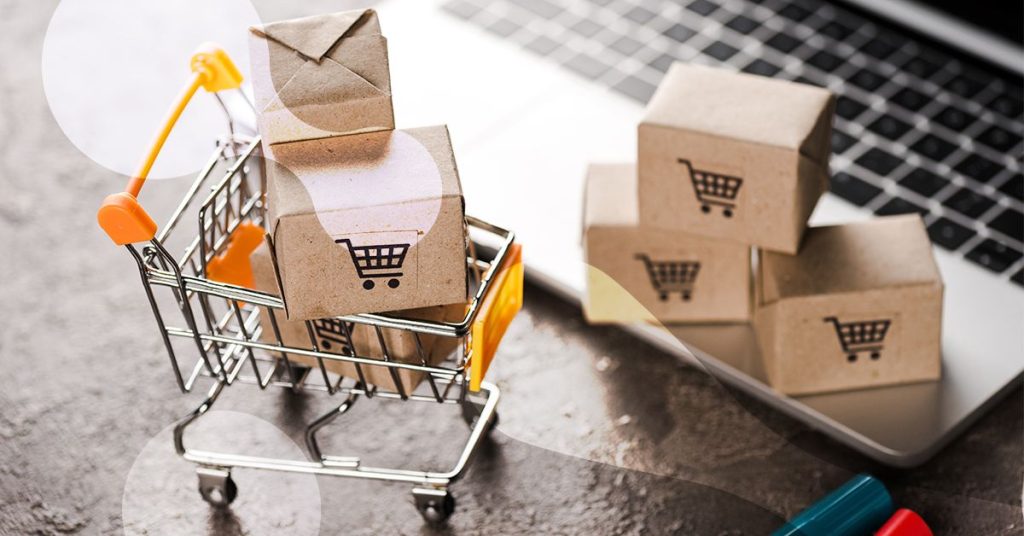In the digital age, the realm of ecommerce has undergone a transformative evolution, reshaping how consumers interact with products and brands. Central to this evolution is the concept of fulfillment – the process by which online orders are processed, packaged, and delivered to the customer’s doorstep. As ecommerce continues to surge, advancements in fulfillment have emerged as pivotal drivers of growth, efficiency, and customer satisfaction. In this exploration, we delve into the dynamic world of ecommerce fulfillment, dissecting the innovations that are reshaping the landscape and propelling businesses to new heights.
Introduction: The Ecommerce Revolution
Ecommerce has revolutionized the retail landscape, offering consumers unparalleled convenience and a boundless array of choices. With a few clicks, shoppers can explore, compare, and purchase products from the comfort of their homes. Yet, behind this digital curtain lies a complex ecosystem of processes that ensure the seamless execution of every online order. Fulfillment is the linchpin that transforms virtual transactions into tangible experiences, making it a critical battleground for ecommerce success.
Automation and Robotics: Precision and Efficiency Unleashed
One of the most transformative advancements in ecommerce fulfillment is the integration of automation and robotics. These technologies are revolutionizing the 3PL Warehousing Texas and distribution landscape, enhancing precision, speed, and efficiency. Automated systems, guided by sophisticated algorithms, navigate vast warehouses with agility, retrieving products and orchestrating their movement with minimal human intervention. Robotics have also streamlined tasks such as picking, packing, and even sorting, drastically reducing fulfillment times and minimizing errors.
Predictive Analytics: Illuminating the Path to Demand
The proliferation of data in the digital age has given rise to another innovation – predictive analytics. This technology harnesses historical data and sophisticated algorithms to anticipate consumer demand patterns. By analyzing factors such as seasonality, trends, and customer behavior, businesses can forecast which products will be in high demand and adjust their fulfillment strategies accordingly. This not only ensures optimal inventory levels but also mitigates the risk of stockouts and overstock situations.
Augmented Reality: Transforming Customer Engagement
Augmented reality (AR) has transcended its entertainment roots to revolutionize the ecommerce fulfillment landscape. By enabling customers to visualize products in real-world environments before purchasing, AR has diminished the uncertainty associated with online shopping. Customers can virtually “try on” clothing, visualize furniture in their homes, or assess the dimensions of products to ensure compatibility. AR not only enhances customer confidence but also reduces the likelihood of returns, resulting in cost savings and improved sustainability.
Contactless Delivery: Safety and Convenience
The global pandemic accelerated the adoption of contactless delivery, transforming it from a convenience to a necessity. Ecommerce businesses swiftly adapted by implementing contactless delivery options, allowing customers to receive their orders without physical interaction. This not only addresses health concerns but also enhances customer convenience. Contactless delivery involves innovations such as geolocation tracking, delivery lockers, and even drone deliveries, offering customers unparalleled flexibility and peace of mind.
Personalization at Scale: Crafting Tailored Experiences
The marriage of data analytics and ecommerce has birthed another transformative force: personalization at scale. Ecommerce businesses leverage customer data to curate personalized experiences, from product recommendations based on past purchases to tailored marketing messages. Fulfillment has embraced this trend by enabling businesses to include personalized touches in packages, such as handwritten notes, customized packaging, and curated product assortments. Such personalization not only resonates with customers but also cultivates a sense of loyalty and connection.
Sustainable Fulfillment: A Moral and Strategic Imperative
Amid growing environmental concerns, sustainability has taken center stage across industries, and ecommerce is no exception. Consumers increasingly demand ethical and sustainable practices from the businesses they patronize. Fulfillment has embraced this call, with eco-friendly packaging, carbon-neutral delivery options, and efficient routing strategies. By aligning fulfillment with sustainability, ecommerce businesses not only respond to consumer values but also harness a strategic advantage in a conscientious market.
Conclusion: Pioneering the Future of Fulfillment
In the relentless evolution of ecommerce, fulfillment emerges as the driving force that bridges the virtual and physical realms. Advancements in fulfillment technologies and strategies are reshaping the landscape, elevating customer experiences, and redefining industry standards. As ecommerce continues its ascent, the businesses that harness these innovations will stand at the forefront of the revolution, pioneering a future where convenience, efficiency, and customer-centricity converge. In the end, the fulfillment journey isn’t just about delivering products – it’s about delivering on the promise of an ever-evolving ecommerce landscape.
Author



